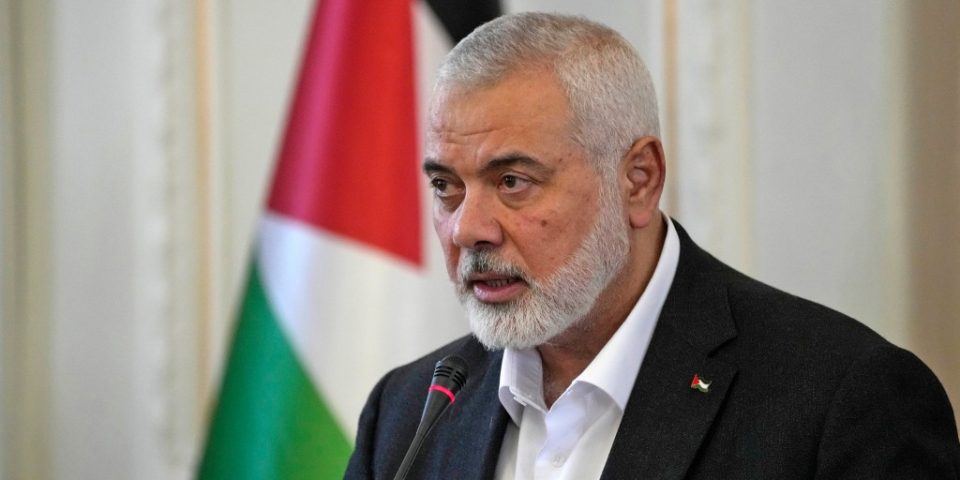Hamas leader Ismail Haniyeh was killed by a predawn airstrike in the Iranian capital Wednesday, Iran and the militant group said, blaming Israel for a shock assassination that risks escalating the conflict even as the U.S. and other nations were scrambling to prevent an all-out regional war. Iran’s supreme leader vowed revenge against Israel.
There was no immediate comment from Israel, which has pledged to kill Haniyeh and other Hamas leaders over the group’s Oct. 7 attack on southern Israel. The strike came just after Haniyeh had attended the inauguration of Iran’s new president in Tehran — and only hours after Israel targeted a top commander in Iran’s ally Hezbollah in the Lebanese capital Beirut.
The assassination of Hamas’ top political leader was potentially explosive amid the region’s volatile, intertwined conflicts — because of its target, its timing and the decision to carry it out in Tehran. Most dangerous was the potential to push Iran and Israel into direct confrontation if Iran retaliates.Bitter regional rivals, Israel and Iran risked plunging into war earlier this year when Israel hit Iran’s embassy in Damascus in April. Iran retaliated and Israel countered in an unprecedented exchange of strikes on each other’s soil, but international efforts succeeded in containing that cycle before it spun out of control.
Haniyeh’s killing could also prompt Hamas to pull out of negotiations for a cease-fire and hostage release deal in the 10-month-old war in Gaza, which U.S. mediators had said were making progress.
And it could inflame already heightening tensions between Israel and Hezbollah — which international diplomats were trying to contain after a weekend rocket attack that killed 12 young people in the Israeli-controlled Golan Heights.





Comments are closed for this post.